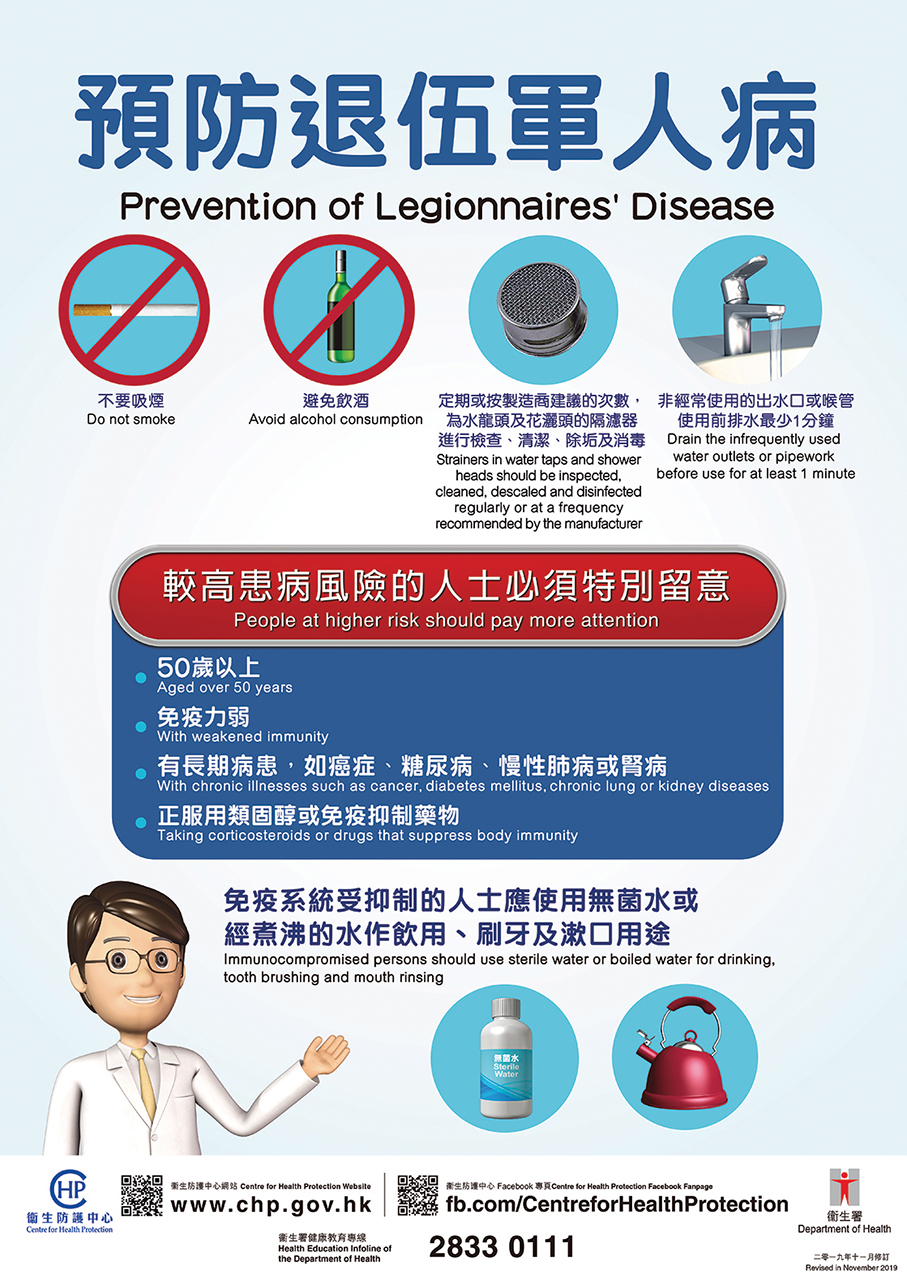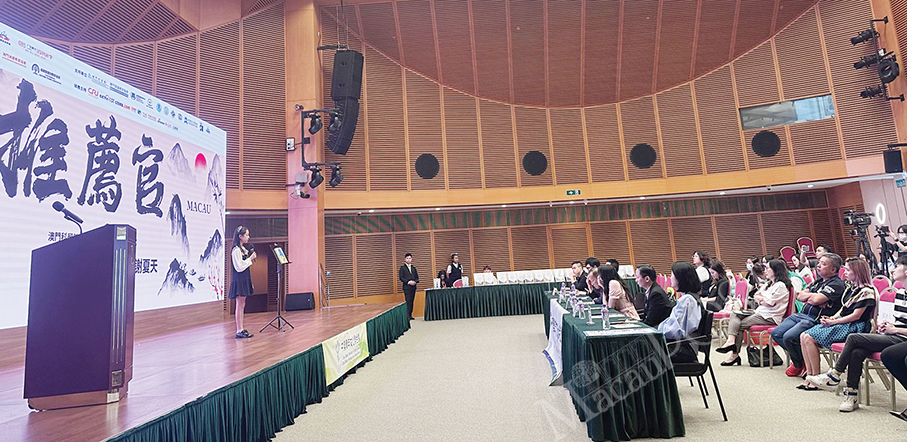A 19-year-old male student diagnosed with Legionnaires’ disease is in a critical condition, the Health Bureau (SSM) announced in a statement last night.
According to the statement, the patient, a university student from the mainland enrolled in Macau, came down with a fever and chills on Sunday. His symptoms improved after seeking treatment at the University Hospital of the private Macau University of Science and Technology (MUST) in Taipa, the statement said.
However, the statement said, the student came down with a fever again on Tuesday when he also developed dizziness and fatigue, after which he sought treatment at the University Hospital again where he was then hospitalised.
The student’s case is this year’s third case of Legionnaires’ disease reported in Macau.
According to the statement, the student was diagnosed with liver abscess, i.e., a pus-filled mass in the liver, after a CT scan.
He tested positive for Legionella pneumophila, a species of Legionella bacteria, as well as Klebsiella pneumoniae, which can cause liver abscesses.
Consequently, the statement said, the student was diagnosed with Legionnaires’ disease also combined with infection with Klebsiella pneumoniae.
Last night’s statement said that the student was in a critical condition. He was transferred to the mainland on Wednesday for treatment, the statement said.
The University Hospital reported the case to the Health Bureau yesterday.
According to the statement, the student visited Zhuhai during the incubation period. None of his friends living with him in Macau had come down with similar symptoms.
The statement noted that people can be infected with Legionnaires’ disease after inhaling mist contaminated with Legionella bacteria released by artificial water systems such as central air-conditioning systems’ cooling towers, jacuzzis, fountains, and household respiratory medical devices.
The statement underlined that people normally will not be infected with the disease after drinking water contaminated with the bacteria.
The statement noted that antibiotics are effective in treating Legionnaires’ disease provided that they are used early after the onset of the illness.

This poster downloaded from the website of Hong Kong’s Centre for Health Protection (CHP) yesterday explains the prevention of Legionnaires’ disease.









